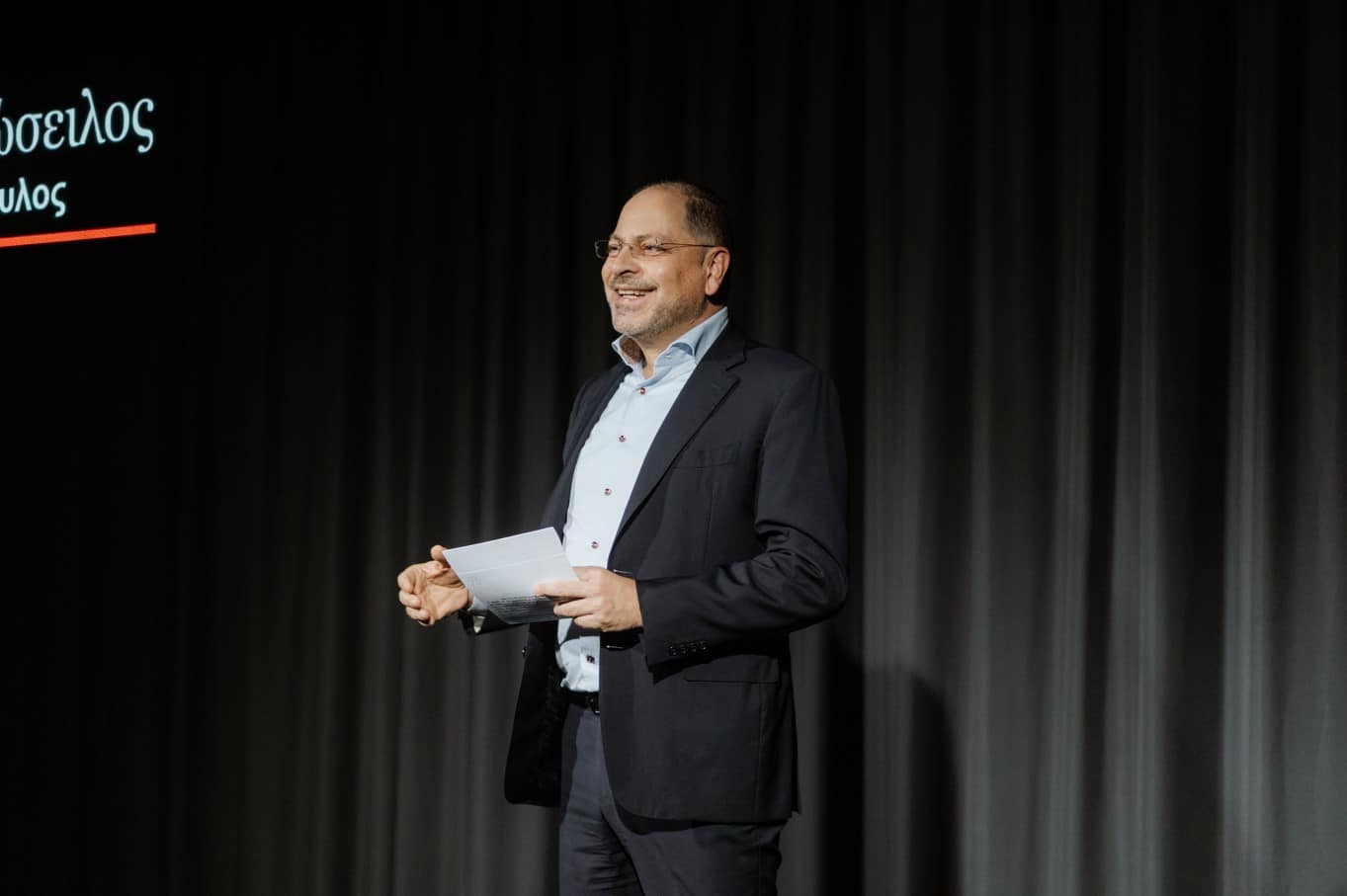Advisory and consulting firm PwC Cyprus on Friday released the findings of its latest CEO survey, with the overarching theme being one of pessimism and caution, particularly when contrasted with the positivity of the previous year.
The findings of the survey, which is now in its twelfth iteration, were presented during a special event titled ‘Challenges of Today and Tomorrow’.
The survey involved the participation of 159 CEOs in Cyprus, as well as 4,410 CEOs from 105 countries.
“CEOs expect a decrease in global economic growth over the next 12 months,” the company said.
“The conditions prevailing in the international scene have made CEOs become considerably more pessimistic about the course of the global economy, with a percentage of 69 per cent supporting that it will experience a decline,” it added.
What is more, the company explained that the bleak outlook is the most pessimistic CEOs have been regarding global economic growth since PwC began asking this question 12 years ago and is a significant departure from the optimistic outlooks of 2021 and 2022.
It also noted that chief executives are somewhat more optimistic regarding the course of the Cypriot economy, as the percentage of those who believe that it will shrink, a share of 56 per cent, is smaller than the number of CEOs who said the same about the global economy.
That being said, CEOs are nonetheless more optimistic about their company’s revenue growth prospects, with 48 per cent of them stating that they are moderately confident.
A similarly strong trend of confidence about their own company’s revenue growth prospects was also noted across the Eurozone and the rest of the world.
One of the most important findings, according to the company, is the concern shared by chief executives about the sustainability of their businesses.
When asked if their company will be economically viable in the future, in the event that their company continues on its current path, 40 per cent of CEOs in Cyprus and 39 per cent in the Eurozone and globally said that their company will not be economically viable within the next decade.
When asked about the forces most likely to affect their industry’s profitability over the next 10 years, 60 per cent replied skills shortages, 59 per cent technology disruptors, and 58 per cent cited supply chain disruptions.
In terms of the local market, Cyprus’ business leaders feel that the threats to their companies’ growth prospects in the next 12 months include inflation (47 per cent), geopolitical risks (41 per cent), and macroeconomic instability (26 per cent).
“The main difference compared to last year is the decline of the health risks category,” the company said.
“Health risks had dominated the list of threats during the 2022 survey, while now they are significantly lower, dropping to fifth place, in terms of their ranking among Cyprus businesses,” it added.
Elsewhere in the report, the company explained that the way business leaders react to the multi-level challenges they face is very important.
“To mitigate their exposure to the effects of geopolitical conflict, nearly half (48 per cent) plan to adjust their presence in current markets and expand into new ones, while 42 per cent are considering diversifying their product/service offering,” the company said.
“In their effort to mitigate against potential economic challenges and volatility CEOs have started to reduce their operating costs (47 per cent); collaborate with other suppliers (47 per cent); and raise the prices of their products or services (40 per cent),” it added.
However, one important finding that has emerged is that despite efforts to reduce operating costs, businesses have largely avoided reducing employee salaries.
According to the survey, 81 per cent of CEOs in Cyprus have stated that whatever happens, they will not reduce the existing salaries of their staff members.
In addition, a significant percentage (65 per cent) believe that they will not reduce their workforce and 63 per cent said that they will not delay the agreements that they have already concluded.
“The 159 CEOs from Cyprus who participated in the survey give us a clear picture of what gives them optimism, but even more so of what worries them during current difficult times,” PwC Cyprus Philippos Soseilos said.
“The multiple crises we are facing today are mainly due to the acceleration of the so-called long-term megatrends and the difficulty of getting ahead of them,” he added.
Soseilos further explained that some of the events that took place in recent years, such as the Covid-19 pandemic and the war in Ukraine, have accelerated major trends, including technological innovation and evolution, efforts related to climate change, geopolitical shifts and social uncertainty.
“The bet now is to move in a timely and transformative manner across the entire spectrum of society, economy, entrepreneurship and governance,” the PwC Cyprus CEO concluded.







Click here to change your cookie preferences